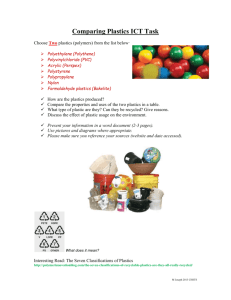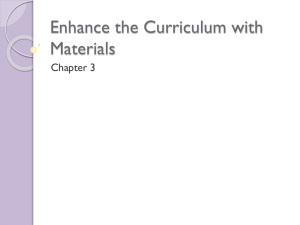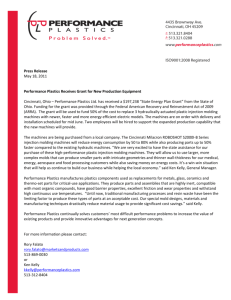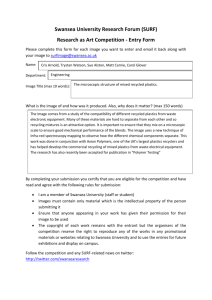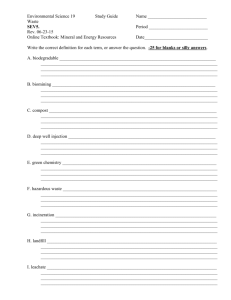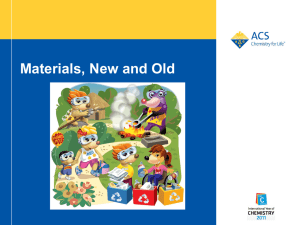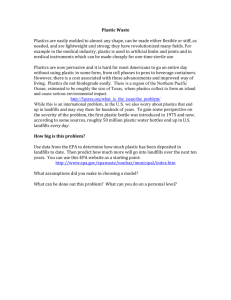Class IX Exam: Reading Comprehension & Article Writing
advertisement
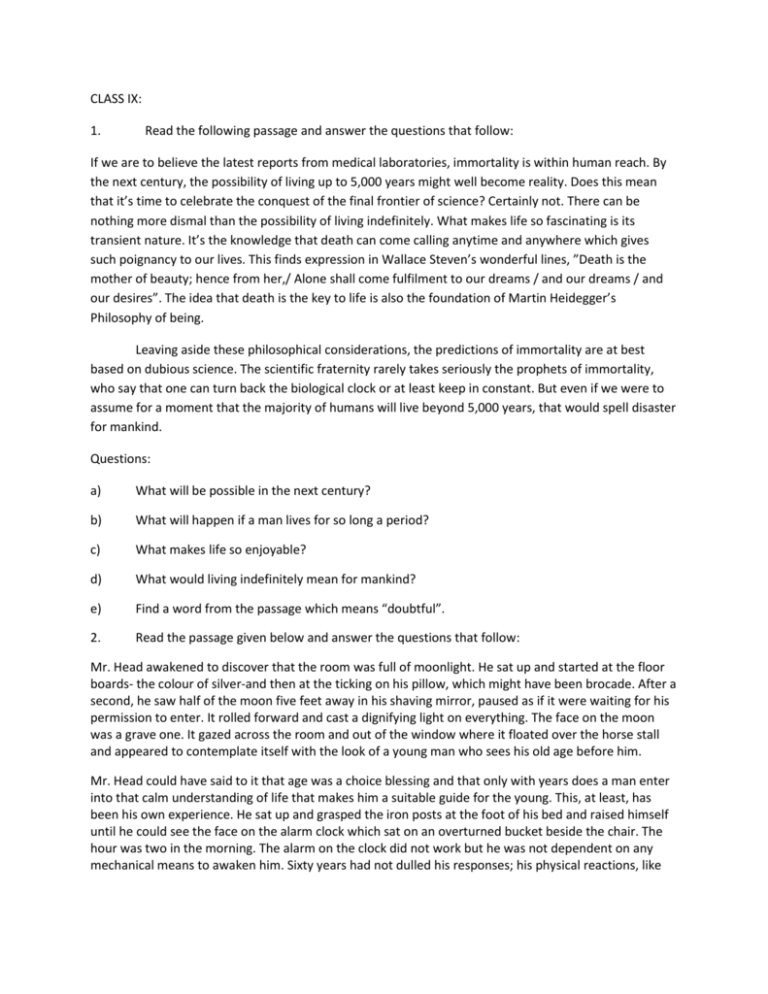
CLASS IX: 1. Read the following passage and answer the questions that follow: If we are to believe the latest reports from medical laboratories, immortality is within human reach. By the next century, the possibility of living up to 5,000 years might well become reality. Does this mean that it’s time to celebrate the conquest of the final frontier of science? Certainly not. There can be nothing more dismal than the possibility of living indefinitely. What makes life so fascinating is its transient nature. It’s the knowledge that death can come calling anytime and anywhere which gives such poignancy to our lives. This finds expression in Wallace Steven’s wonderful lines, ”Death is the mother of beauty; hence from her,/ Alone shall come fulfilment to our dreams / and our dreams / and our desires”. The idea that death is the key to life is also the foundation of Martin Heidegger’s Philosophy of being. Leaving aside these philosophical considerations, the predictions of immortality are at best based on dubious science. The scientific fraternity rarely takes seriously the prophets of immortality, who say that one can turn back the biological clock or at least keep in constant. But even if we were to assume for a moment that the majority of humans will live beyond 5,000 years, that would spell disaster for mankind. Questions: a) What will be possible in the next century? b) What will happen if a man lives for so long a period? c) What makes life so enjoyable? d) What would living indefinitely mean for mankind? e) Find a word from the passage which means “doubtful”. 2. Read the passage given below and answer the questions that follow: Mr. Head awakened to discover that the room was full of moonlight. He sat up and started at the floor boards- the colour of silver-and then at the ticking on his pillow, which might have been brocade. After a second, he saw half of the moon five feet away in his shaving mirror, paused as if it were waiting for his permission to enter. It rolled forward and cast a dignifying light on everything. The face on the moon was a grave one. It gazed across the room and out of the window where it floated over the horse stall and appeared to contemplate itself with the look of a young man who sees his old age before him. Mr. Head could have said to it that age was a choice blessing and that only with years does a man enter into that calm understanding of life that makes him a suitable guide for the young. This, at least, has been his own experience. He sat up and grasped the iron posts at the foot of his bed and raised himself until he could see the face on the alarm clock which sat on an overturned bucket beside the chair. The hour was two in the morning. The alarm on the clock did not work but he was not dependent on any mechanical means to awaken him. Sixty years had not dulled his responses; his physical reactions, like his moral ones, were guided by his will and strong character and these could be seen plainly in his features. Questions: a) What makes a man a suitable guide for the young, according to the passage? b) Why were the floorboards the colour of silver? c) At what time had Mr. Head woken up? d) What was Mr. Head’s age? e) Which word in the paragraph mean ‘look thoughtfully for a long time at’? 3. Read the passage carefully and answer the following questions: Plastics form an important part of synthetics-plastics are also polymers. Since most plastics can be easily moulded into any shape after heating, they are used for making a variety of objects of different shapes and sizes. Plastics are poor conductors of heat which makes them suitable for making handles of cooking vessels, for use in refrigerators, and for making containers in microwave ovens. Plastics are also poor conductors of electricity and that is why they are used as covering materials in electrical appliances, cords and wiring. Plastics are insoluble in water and, therefore, used for making bottles, buckets and other containers .Most plastics are inflammable. However, they do not corrode or rust and so mostly used in homes and laboratories. Despite many different uses of plastics, there are environmental and health hazards associated with their disposal. This is because plastics are non-biodegradable. Accumulation of plastics is considered a serious problem because most of the methods used to dispose them result in some type of damage to the environment. Though somewhere between 500 million to one trillion plastic bags are consumed worldwide each year, most plastic wastes end up littering roadside and form ugly dumps that harbor many disease causing organisms. Plastics dumped in water bodies pose a threat to aquatic life; plastics that get buried prevent rain water from seeping into the ground. This affects the growth of plants. When plastics are burnt, they produce toxic gases and smoke. Hence reducing the usage of plastics, and recycling plastic objects and using biodegradable environmental friendly plastics would be the solution. A. Answer the following questions choosing the best option. (i) Plastics are useful because (a) It is easily mouldable (c) it is heat resistant (b) It is a poor conductor of the electricity. (d) all of these (ii) Plastics are mostly used at home and laboratories because (a) They are inflammable (c)they do not corrode or rust (b) They can be recycled (iii) Plastics pose environmental and health hazards when _____________ (a) Disposed (b) Used as covering material (iv) Plastics dumped in lakes and rivers _______________ (a) affect the planet life (d) they are insoluble in water (c) used for storage (d) objects are made (c) affect the marine life (b) spread diseases (v) (d) pollute the air The word ‘seeping’ from the passage means: (a) absorbing (b) penetrating (c) stagnating (d) containing B. Answer the following questions. (a). How do the plastics affect the growth of the plants? (b). What are the hazards associated with the disposal of plastics? (c). What is produced when plastics are burnt? (d). What does the word synthetic denote? 4. Write an article in about 120 words on ‘River Pollution’. You may use the clues given below: • Rivers, biggest source of water. • Victims of pollution • Industrial waste • City waste drained into them. • Religious ceremonies- idol immersion • Garlands and flowers • Ashes after cremation poured into water. 5. Write a notice for your school notice board inviting all the students of the school to donate generously for the earthquake victims of Nepal. You are Akash/Asha, School Captain. 6. Complete the paragraph given below by filling in each of the blanks with one word with the help of the options that follow: The rapid changes that India (a)----------------------------------over last few decades have been welcomed by (b)---------------------------------------. It is an enthusiasm which (c)-----------------------------. (a) i. Is enduring ii. Was endured iii. Has been enduring iv. Will endure (b) i. Most of us ii. Many of them iii. Few of people iv. The lot of people (c) i. Should be kept alive ii. Have been kept alive iii. Will be kept alive iv. Will be enlivened 7. There is an error in each line of the following passage. Write the incorrect word and the correction in the answer sheet as give in the example. Electricity was supplied to a house e,gwas Through cables. In cities a (a)------------ Cables are usually lay underground, (b)------------ But in towns or villages they (c) ----------------- May be carried on poles. Inside the house these is ------------------------------------------------- Cable is connected to main switch. (d)------------------- --------------- 8. Rearrange the following words to meaningful sentences. a. More than/ are child workers/the Indian population/five per cent of/. b. Engaged/in agriculture/tens of thousands/are chiefly/. c. Work/in urban areas/many/of industries/in a variety/. 9. Read the passage and answer the questions that follow: I. C. Wilma Rudolph was born in 1940 in Tennessee. The twentieth of the 22 children she was born with polio and suffered from serious bouts pneumonia and scarlet fever as a young child. All these ailments contributed to a bad leg that some said would prevent her from ever walking. Wilma narrates her experience as a child and as an athlete: “My doctors told me I would never walk again. I walked with braces until I was at least nine years old. My life wasn’t like that of the average person who grew up. I spent most of my time trying to find out how to get my braces off. My mother taught me very early to believe I could achieve any accomplishment I wanted to. The first was to walk without braces. Then I ran and ran and ran every day. I said to myself, “I want to be the fastest woman on the track on this earth”. I was very determined. I told myself that I would never, never give up. By the time I was 12, I was challenging every boy in our neighbourhood at running, jumping, everything. Finally when I won three gold medals at the 1960 Olympics at Rome, it became history that a paralytic woman became the fastest woman on earth. Triumph can’t be had without struggle. And I know what struggle is. And I believe in me more than anything in this world. A. Answer the following questions: (a) With which disease Wilma Rudolph was born? (b) How was Wilma’s life different from that of others? (c) What was Wilma’s dream? (d) How did Wilma create history? (e) What is secret of her success? (f) How did her mother inspire her? (g) Which word in the passage means ‘disease’? (h) What is the message of her life? B. Answer the following questions choosing the best option. (a) Wilma said to herself that (i) She is different from others. (ii) She can achieve anything. (iii) She can’t do anything. (iv) She would never, never give up. (b) Wilma believed in ____________ more than anything in this world. (i) In struggle (iii) in triumph (ii) In mother (iv) in herself (c) Triumph means (i) Pain (iii) life (ii)Loss (iv) success 10. write a letter to the editor of a local daily expressing your views on a current issue of your own choice. 11. Write a short story in 150-200 words using the following hints. A lady in distress____ only son died _______ came to Lord Buddha _____ begged to revive her son _______ Lady went door to door ________ death had touched all ________ the lady realized the truth _______ a great consolation. 12. Read the first five chapters of the novel ‘Three Men in a Boat’ and write chapter wise brief summaries.
